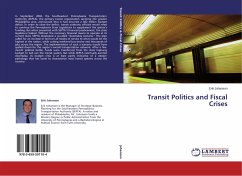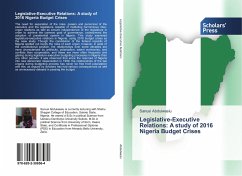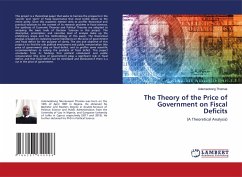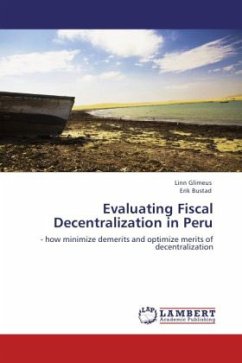
Transit Politics and Fiscal Crises
Versandkostenfrei!
Versandfertig in 6-10 Tagen
36,99 €
inkl. MwSt.

PAYBACK Punkte
18 °P sammeln!
In September 2004, the Southeastern Pennsylvania Transportation Authority (SEPTA), the primary transit organization servicing the greater Philadelphia area, announced that it had incurred a $62 million budget deficit. In order to close the deficit, transit authority officials would need to convince the Pennsylvania State Legislature to supplement the system's funding. But when presented with SEPTA's financial predicament, the state legislature balked. Without the necessary financial means to operate at its current level, SEPTA developed a so-called "doomsday scenario." The plan called for an i...
In September 2004, the Southeastern Pennsylvania Transportation Authority (SEPTA), the primary transit organization servicing the greater Philadelphia area, announced that it had incurred a $62 million budget deficit. In order to close the deficit, transit authority officials would need to convince the Pennsylvania State Legislature to supplement the system's funding. But when presented with SEPTA's financial predicament, the state legislature balked. Without the necessary financial means to operate at its current level, SEPTA developed a so-called "doomsday scenario." The plan called for an increase in fares on all modes of service to what would be the highest in the nation, while cutting weekend bus service and thousands of jobs across the region. The implementation of such a scenario would have spelled doom for the region's overall transportation network. After a five-month political battle, funds were transferred from the state highway budget to bail out the transit system. But while SEPTA eventually averted doomsday, its budget crisis is at least partly indicative of a deeper pathology that has come to characterize mass transit systems across the country.












